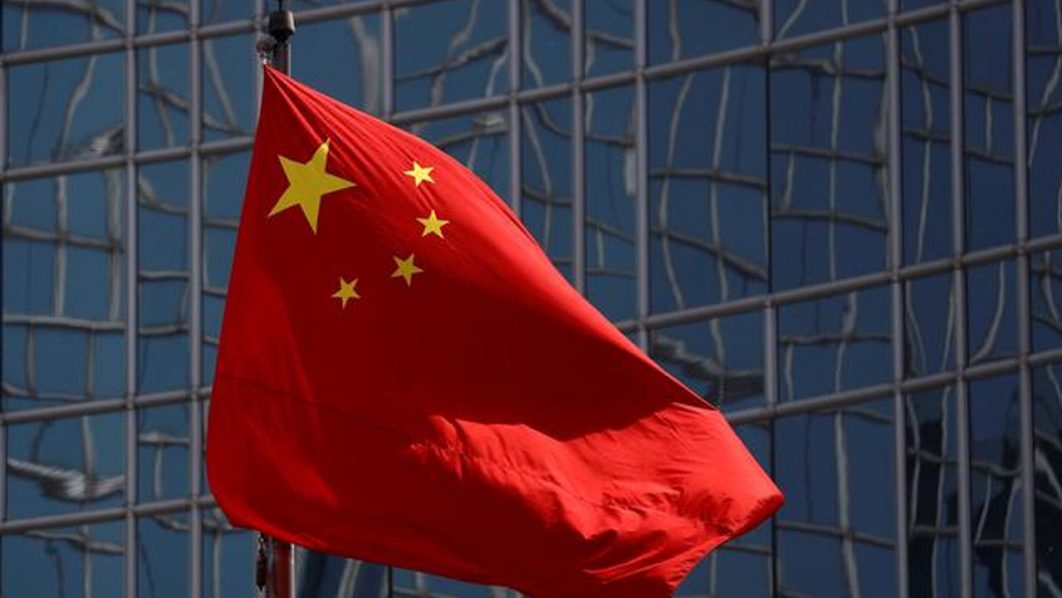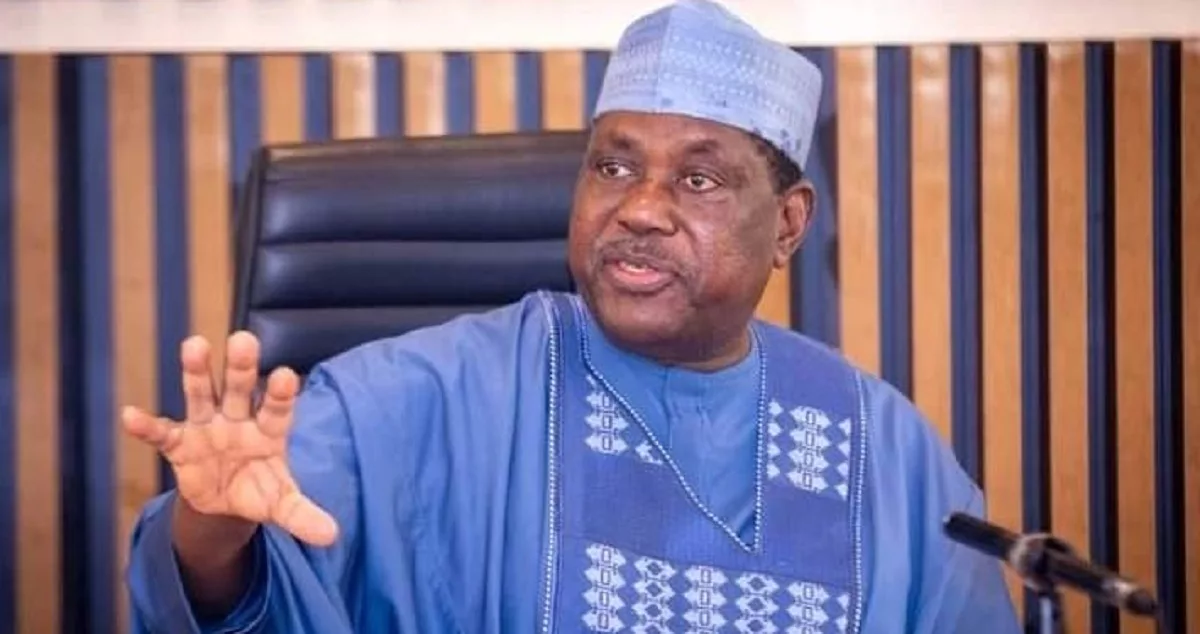
China’s real estate market has experienced a significant crash, and the country is now facing a new crisis. The debate among observers is whether China’s current crisis is characterised by deflation or inflation. However, there is a consensus that China’s economy is in a state of depression and becoming increasingly dangerous.
A professional investor recently wrote that the real estate crisis is just the beginning. If it is not resolved, it will inevitably escalate into a financial crisis. He highlighted that China’s real estate bubble is the largest asset bubble in human history, once valued as high as $450 trillion. Now that the bubble has burst and prices have collapsed, this event has become a major historical milestone that has changed the world. Ignoring this context in decision-making is dangerous.
China’s current economic difficulties seem to stem from weak consumption. But why is consumption low and demand sluggish? The reason is that residents have overdrawn their future income for decades and must now repay their debts, leaving no money for consumption. At present, the government shows no sense of crisis and has not taken timely action. Therefore, the crisis continues to worsen and will eventually lead to a sharp increase in bad bank debts, evolving into a financial crisis.
The investor explained that if residents have no money, the supply side will go bankrupt, and real estate debt defaults will trigger a chain reaction. In the end, everyone will owe the banks. Banks’ business models often involve more than ten times leverage. If banks lose 10% of their assets, when multiplied by ten times leverage, they would theoretically go bankrupt. In fact, just over 20 years ago, all Chinese banks were technically bankrupt and insolvent. Few remember this period of history, but it seems about to repeat itself.
China’s economic depression has led to social changes. On September 8th, a delivery rider in Shanghai held a sign on Nanjing East Road calling for the establishment of a trade union. His sign read, “The times are calling for China’s Martin Luther King, and we want our own trade union, our own spokesperson for our interests, and an 8-hour workday.” This is what the Chinese Communist Party (CCP) fears most.
Additionally, the economic depression has provided an opportunity for Xi Jinping’s political enemies. The CCP is in a state of anxiety. One honorary professor of the Department of Political Science at National Taiwan University, stated on a live program that Xi Jinping began preparing for war after consolidating power. He primarily did four things: first, he engaged in a trade war with the United States; second, he took over Hong Kong, causing foreign capital to flee, leaving Hong Kong no longer able to generate wealth; third, he imposed lockdowns for three years, pushing small and medium-sized enterprises to the brink; and fourth, he promoted the state’s advancement while private enterprises retreated, all of which led to China’s rapid economic decline.
The professor said that once the economy is depressed, society stagnates, and unemployment follows. When unemployment becomes severe, the crime rate will rise, society will become unstable, and political problems will emerge. The Communist Party has always been ruthless in political struggles. Recently, rumours have spread, all pointing in one direction, hoping for Xi Jinping’s downfall. Anti-Xi forces are lurking behind these efforts. Xi Jinping is aware of those opposing him, which has led him to intensify his purges and become more suspicious.
The Professor further said that the CCP has fallen into a vicious cycle of internal struggles, and the only remaining question is who will take the first step. If Xi Jinping wants to save himself, his only option may be to abandon communism.
China’s real estate market collapse has set off a chain reaction of economic and social challenges, pushing the nation into a precarious situation. The debate over whether the crisis is driven by deflation or inflation is overshadowed by the consensus that China’s economy is in a severe downturn, posing significant risks.
The bursting of the real estate bubble has had far-reaching consequences. This event has not only reshaped China’s economic landscape but also highlighted the dangers of ignoring such a monumental shift in decision-making processes.
The root cause of China’s economic woes lies in the prolonged period of overconsumption and debt accumulation. With future incomes already spent, there is little room for current consumption, exacerbating the economic decline. The government’s lack of timely intervention has only deepened the crisis, leading to a surge in bad bank debts and the looming threat of a financial meltdown.
Social unrest is becoming increasingly evident, with calls for better working conditions and representation reflecting the growing discontent among the populace. The economic turmoil has also provided a platform for political opposition to Xi Jinping, intensifying internal struggles within the Chinese Communist Party (CCP).
As the crisis unfolds, the CCP faces a vicious cycle of economic decline, social instability, and political turmoil. To navigate this complex situation, Xi Jinping may need to consider significant political and economic reforms, potentially even abandoning long-held communist principles. The unfolding crisis in China serves as a stark reminder of the intricate interplay between economic policies, social stability, and political power.






